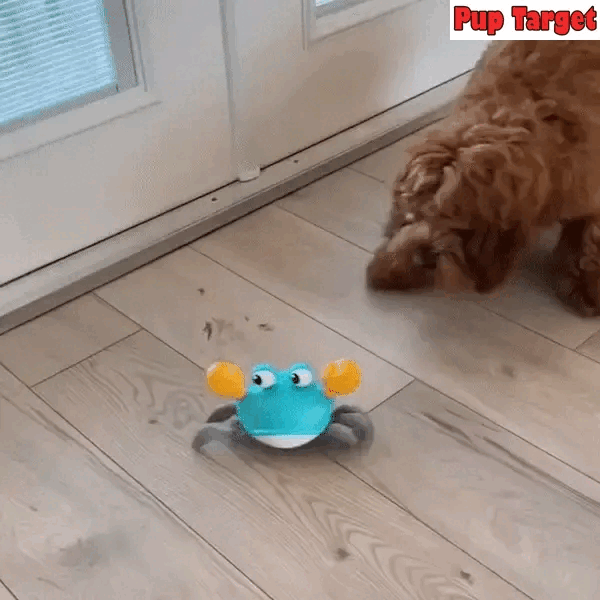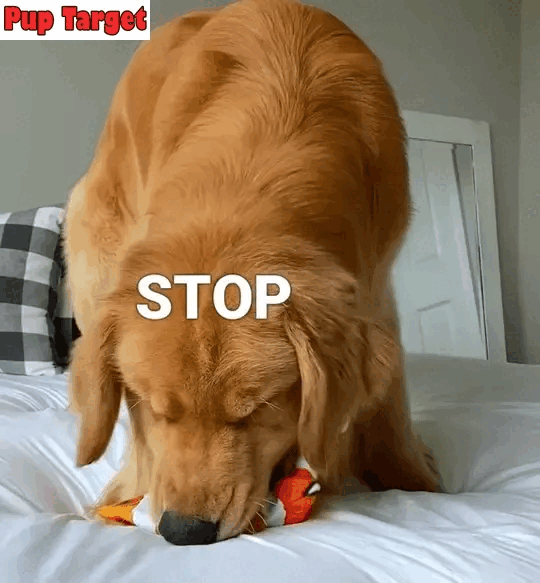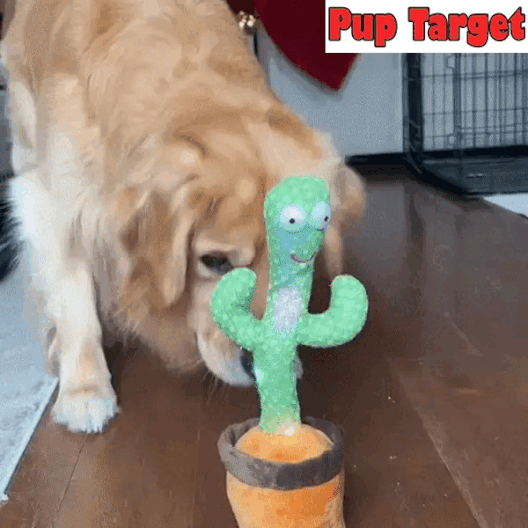If you're a dog owner, you've probably witnessed your furry friend engaging in some curious behaviors. One of these common behaviors is dogs playing with their own fur. Whether it's nibbling at their paws, chasing their tail, or giving themselves a good shake, dogs seem to have an innate fascination with their fur. In this blog post, we'll explore the reasons behind this peculiar behavior, what it means for your dog's well-being, and how to manage it in a healthy way.
1. It's All in the Instinct

The first thing to understand is that playing with fur is deeply rooted in a dog's instinctual behavior. Dogs are natural groomers, and in the wild, they would use their mouths to clean themselves and remove parasites from their fur. This instinctual grooming behavior is retained in domestic dogs, and they often engage in it as a way to stay clean and comfortable.
When your dog nibbles at their fur or licks themselves, it's not necessarily a sign of a problem. In fact, it's quite the opposite. It's a sign that your dog is taking care of their hygiene and trying to stay comfortable. So, in most cases, this behavior is perfectly normal.
2. Stress and Anxiety

While fur grooming is a natural behavior, excessive fur chewing or licking can sometimes be a sign of underlying stress or anxiety. Dogs, like humans, can develop nervous habits, and fur chewing or licking may serve as a way for them to cope with their emotions. If you notice that your dog is obsessively grooming themselves, it's worth considering whether there might be an underlying issue causing them stress.
Common stressors for dogs include changes in routine, separation anxiety, or exposure to new and unfamiliar environments. If you suspect stress or anxiety is the cause of your dog's fur chewing, it's essential to address the root of the problem and consider consulting with a veterinarian or a professional dog behaviorist for guidance.
3. Skin Issues and Allergies

Sometimes, dogs play with their fur because of skin issues or allergies that cause discomfort. Itchy skin can lead to excessive licking, chewing, or scratching, as your dog attempts to relieve the irritation. Skin problems can be caused by a variety of factors, including allergies, parasites, or infections.
If you notice that your dog's fur-chewing behavior is accompanied by signs of skin irritation, such as redness, rash, or scabs, it's crucial to consult with a veterinarian. They can perform a thorough examination and recommend appropriate treatment to address the underlying issue and alleviate your dog's discomfort.
4. Boredom and Lack of Stimulation

Dogs are intelligent and active animals that require mental and physical stimulation to stay happy and healthy. When they don't receive enough exercise or mental engagement, they may resort to self-soothing behaviors like playing with their fur. This can be particularly true for breeds that are known for their high energy levels.
To prevent boredom-induced fur chewing, ensure your dog receives regular exercise, playtime, and mental enrichment. Puzzle toys, interactive games, and daily walks can help keep your dog engaged and satisfied. A tired dog is less likely to engage in excessive grooming behaviors.
5. Managing Fur-Playing Behaviors

To manage your dog's fur-playing behaviors in a healthy way, consider the following strategies:
- Provide plenty of physical and mental stimulation through daily exercise and interactive play.
- Offer appropriate chewing toys to redirect your dog's urge to chew onto safe objects.
- Regularly groom and check your dog's fur for mats, tangles, or irritants that may be causing discomfort.
- Consult with a veterinarian if you suspect underlying health issues, allergies, or stress-related problems.
- Use positive reinforcement training to redirect your dog's attention away from fur chewing when you catch them in the act.

In conclusion, dogs playing with their fur is a common and often instinctual behavior. While it's usually harmless, excessive fur chewing or grooming may signal underlying issues such as stress, allergies, or boredom. As responsible pet owners, it's our responsibility to monitor our dogs' behavior, provide appropriate stimulation, and seek veterinary guidance when needed to ensure our furry companions remain happy and healthy. Understanding and addressing your dog's needs and instincts will help maintain their well-being and strengthen the bond between you and your beloved pet.










